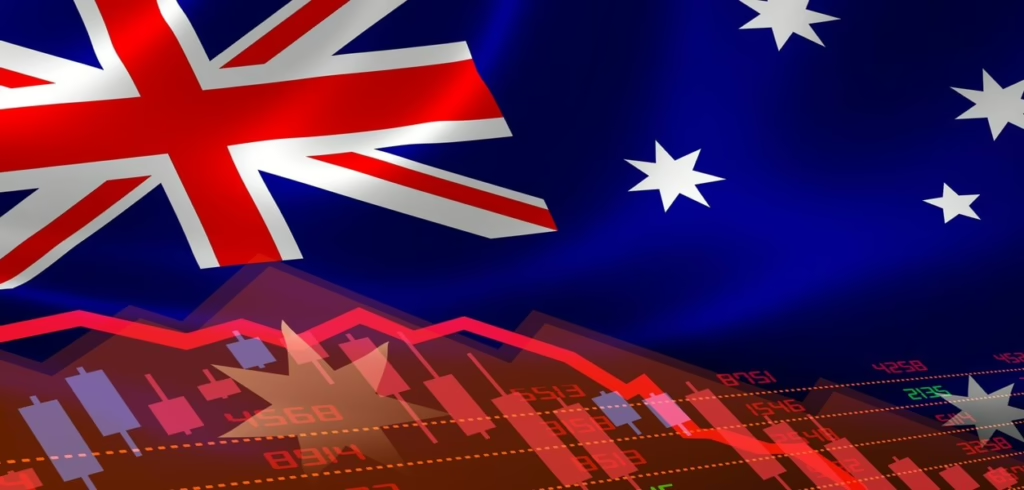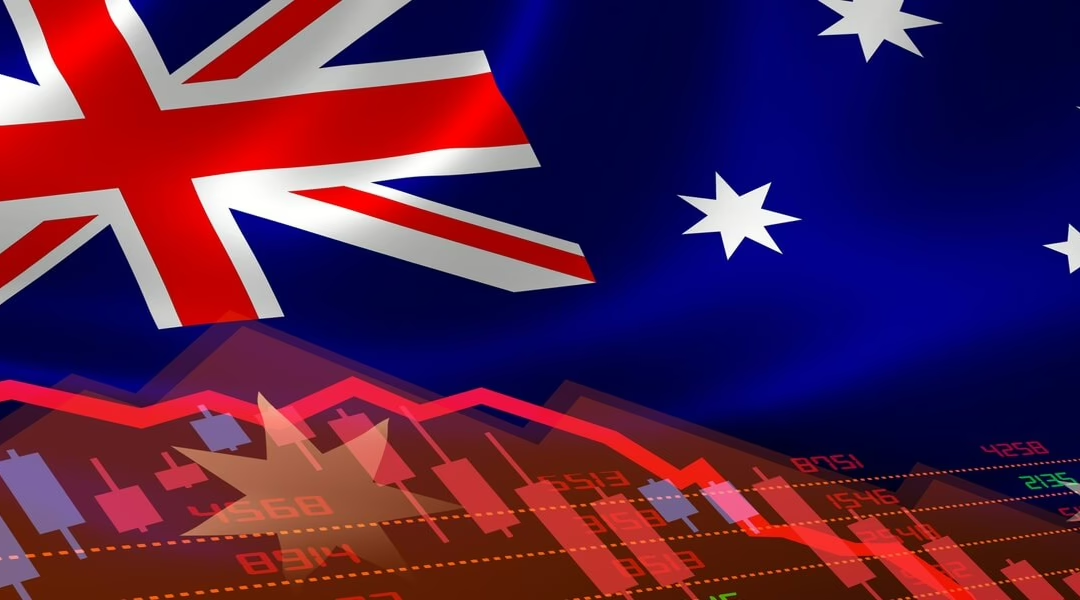
Retirement is a time for enjoying the fruits of years of hard work, but it also comes with a need for careful financial management. Volatile market conditions, whether due to economic uncertainty, geopolitical events, or market fluctuations, can leave retirees feeling anxious about their financial security. However, the key to navigating these turbulent times is not to panic, but to make sensible decisions that protect your wealth while ensuring your retirement goals remain on track.
The global economic landscape is facing heightened uncertainty. The International Monetary Fund (IMF) has recently downgraded its global growth forecast for 2025 to 2.8%, citing escalating trade tensions and policy unpredictability as significant contributors to the slowdown. IMF growth projections for the United States, have been reduced by 0.9% to 1.8% for 2025, reflecting concerns over increased tariffs and their impact upon consumer demand.
In this article, we’ll explore the most sensible actions retirees can take during times of market volatility, as well as the importance of avoiding common mistakes that can lead to long-term financial setbacks.
1. Review Your Investment Exposure
When markets fall or there are worrying headlines in the news, it’s natural to wonder how your superannuation and other investments are doing. And one of the most sensible first steps is to take a look at what you own.
Retirees often have a mix of investments in their super to help their money last through retirement. This mix is designed to do a few things at once – provide some growth over time, provide regular investment return income, and keep some money in safer places like cash and fixed interest to reduce the risk of big losses. The part of your investment mix that is invested in shares, whether in Australia or overseas, will be most affected by the ups and downs of the sharemarkets.
The overall return you can expect to get will mostly depend on how much of your money is in growth investments (like shares) compared to defensive ones (like cash and bonds). After that, how much you withdraw each year will also affect how long your money lasts.
That’s why it’s important to choose an investment mix that suits how much risk you’re comfortable with, how much income you need, and your long term plans for retirement.
A good way to start is to get hold of your latest statement from your super fund. It will show you what you’re invested in. Many super funds provide details about your current investments and how much you have invested in the sharemarkets, as well as the expected investment return and volatility of your chosen investment options.
Understanding this information can help you assess whether your investment mix still suits your long-term retirement goals and risk comfort level – especially during times of market turbulence.
If you are unsure where to begin, Retirement Essentials offers a Retirement Advice consultation which focuses on Understanding your Investments. This session can help you make sense of your current investment strategy, and provide guidance on how to assess your exposure to market ups and downs.
2. Report Significant Asset Changes to Centrelink
For retirees receiving the Age Pension, it’s essential to report any significant changes in your financial assets to Centrelink. This is particularly important during times of market volatility, as the value of your investments may fluctuate. A significant drop in the value of your investments could reduce your assets enough to potentially increase your Age Pension entitlement.
Under the asset test, Centrelink assesses your total financial assets to determine if you’re eligible for a pension and at what rate. If the value of your investments declines due to market conditions, you may find yourself falling below the asset threshold, which could lead to an increase in the pension you receive.
Reporting any large drops in valuation to Centrelink can ensure that your pension entitlements are adjusted appropriately. Failing to report these changes could result in missed financial support or a future repayment if Centrelink later reviews your situation. A recent Retirement Essentials article on reporting to Centrelink will help you get started.
3. Revisit Spending Levels
During times of market volatility, it’s a good idea to assess your spending levels and see if there are any areas where you can temporarily adjust. This can help reduce the amount you’re drawing from your Account-Based Pension (ABP) and allow your investments to recover more effectively.
An ABP is designed to provide regular income from your superannuation, but in times of market volatility, it’s important to be mindful of the drawdown rates. Reducing your spending temporarily can help preserve your capital and reduce the risk of depleting your funds too quickly. This approach allows your investments the time they need to recover without forcing you to sell assets in a down market.
When revising your spending, it’s crucial to differentiate between essential and discretionary expenses. Cutting back on non-essential spending can allow you to maintain your financial stability without sacrificing your lifestyle. For example, if you’ve planned for a holiday or a significant purchase, you may consider postponing it until market conditions improve.
4. Avoid Panicking and Moving to Cash
While it can be tempting to move all your investments to cash during periods of market downturns, this is often an unwise action. Yes, cash feels safer in volatile times, but it’s important to remember that you could be missing out on the market recovery when conditions eventually improve.
Markets have historically bounced back after periods of volatility, and moving to cash can lock in your losses, preventing you from participating in the eventual market rebound. By withdrawing from the market at the wrong time, you risk jeopardising your long-term financial goals, as your funds will not benefit from the growth that could follow.
For retirees, particularly those with a long horizon ahead, sticking to a long-term investment strategy and remaining invested in growth assets (even if it feels uncomfortable during volatility) can be a better approach than making drastic moves to cash. Even if the market takes time to recover, your investments will have the chance to regain value.
5. Stay Calm and Focus on the Long Term
It’s completely natural to feel uneasy during market downturns, especially when it affects your retirement savings. However, panicking and making hasty decisions is rarely the best course of action. Instead, focus on the long-term view of your retirement strategy.
If you’ve developed a solid financial plan and diversified mix of investments, a market downturn can often be just a temporary setback. The key is to avoid impulsive moves that could undermine your financial security. Stay calm, keep your goals in mind, and if needed, seek professional guidance to make informed decisions.
In summary …
In volatile times, it’s important for retirees to take sensible actions that will help safeguard their financial future. Reviewing your investment exposure, reporting changes to Centrelink, revisiting spending levels, and avoiding panic-driven decisions are all essential steps to maintain your retirement lifestyle and income.
Remember, while market fluctuations can be unsettling, they are part of the natural economic cycle. By staying informed and sticking to your long-term strategy, you can weather the storm and keep your retirement on track.
If you’re unsure about how volatile market conditions are affecting your finances or how to adjust your strategy, it may be helpful to book a Retirement Advice Consultation. Our experienced advisers can help you navigate these uncertain times and ensure that you’re making the most of your retirement income.
What about you?
What steps have you taken to adjust your retirement strategy during volatile times?
Are you concerned about the impact of market fluctuations on your Age Pension entitlement?
This article is provided by Retirement Essentials Representative Number: 001260855. We are an authorised representative of SuperEd Pty Ltd ABN 88 118 480 907 AFSL #468859. This information is not intended as financial product advice, legal advice or taxation advice. It does not take into account your personal situation, goals or needs and you should assess your own financial situation, consider if the information is suitable for you and ensure you read the relevant Product Disclosure Statement (PDS) if you choose to make any changes to your financial situation. It is always advisable to consult a financial adviser before making financial decisions.






Many retirees, including me, would like to know how much an age pensioner can earn before their age pension is affected.